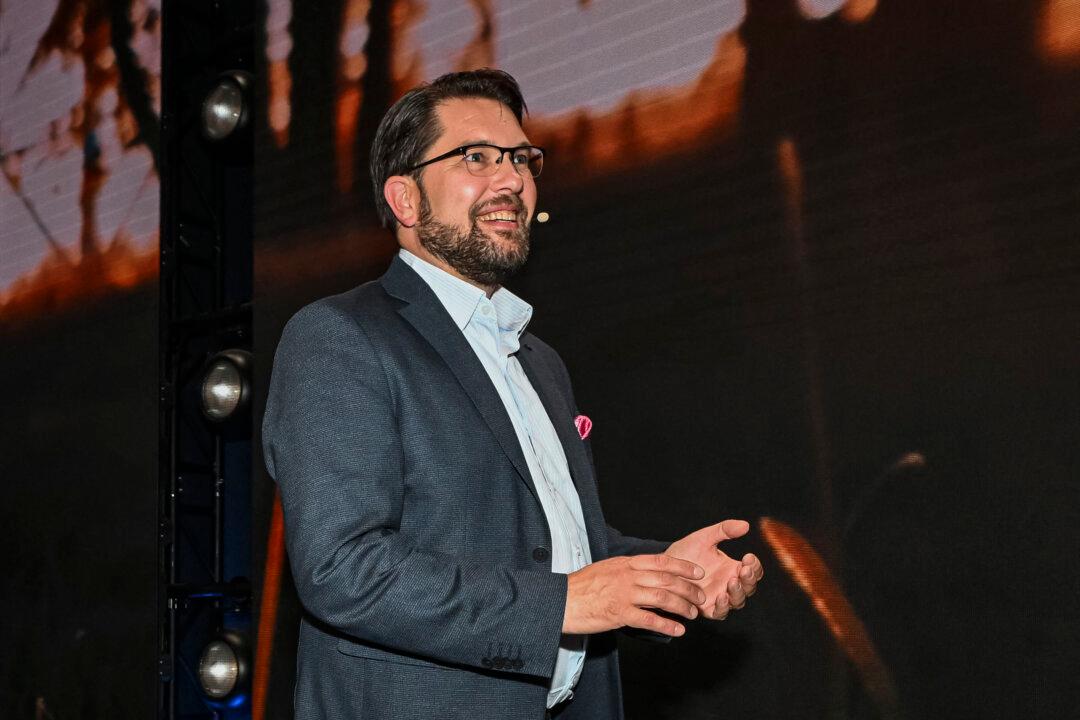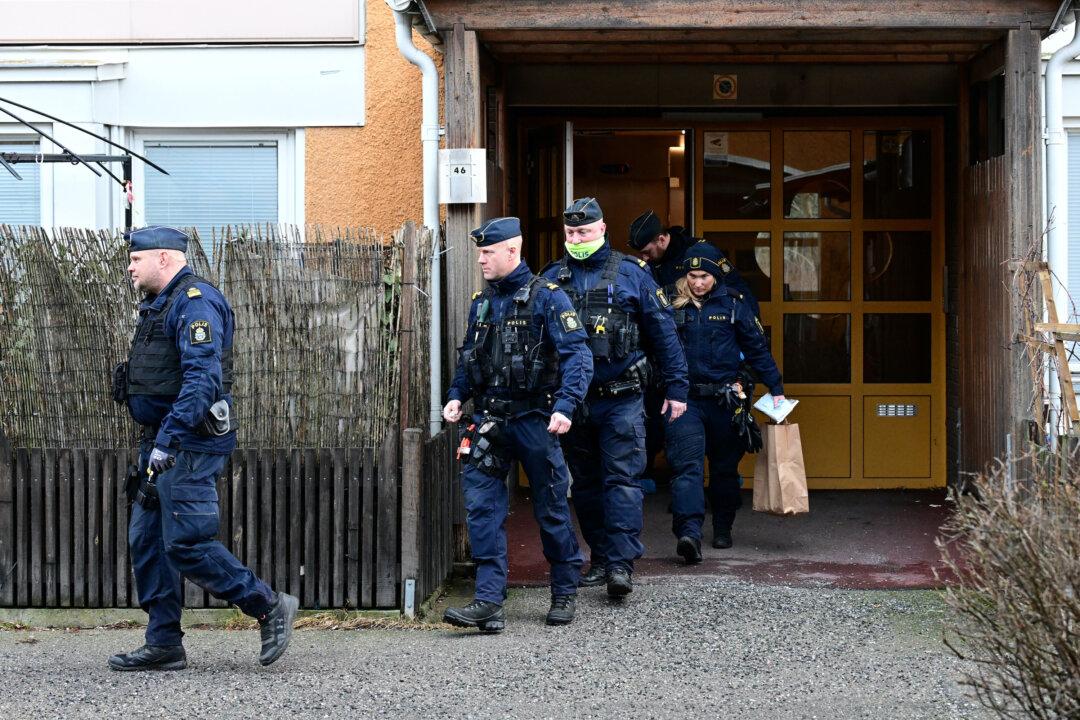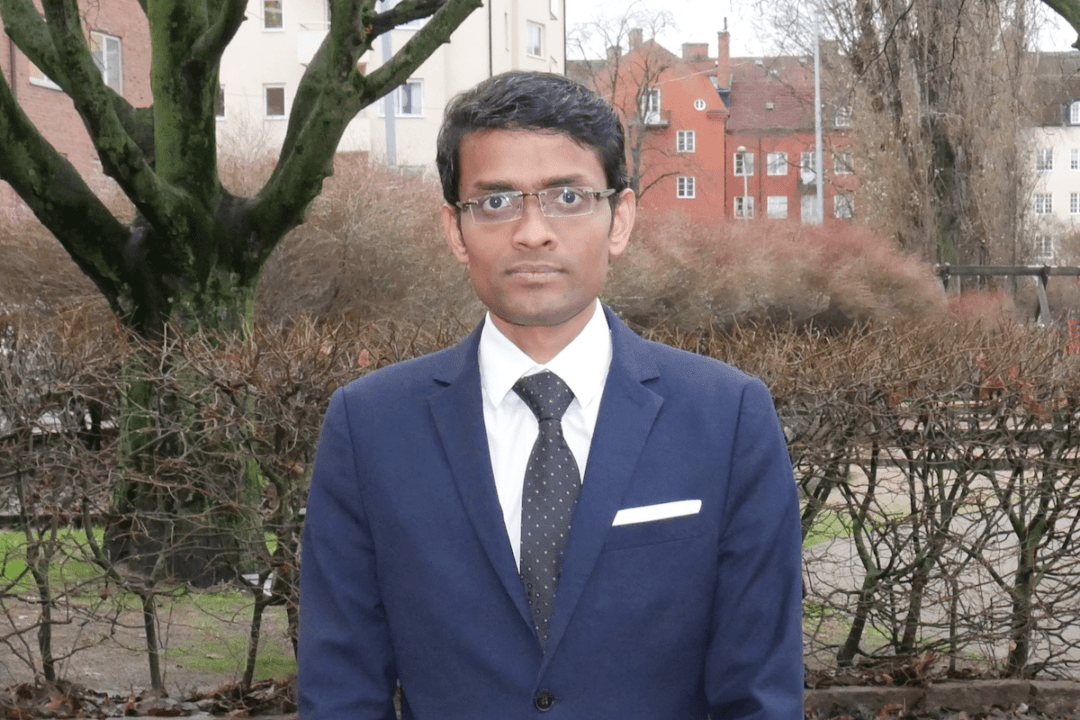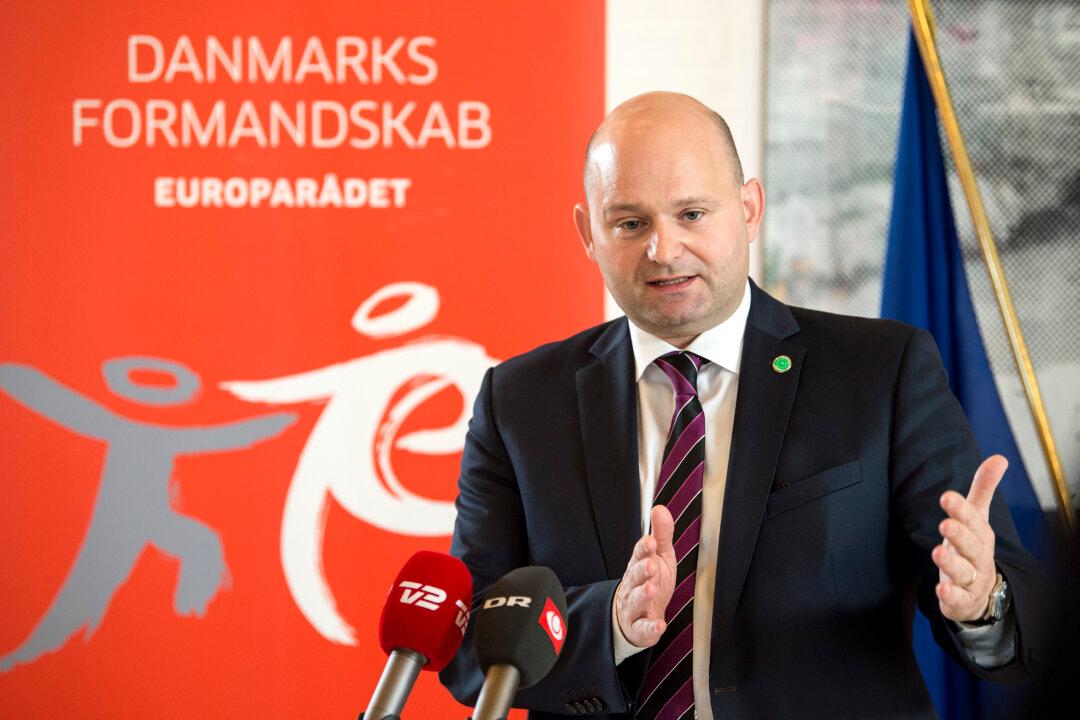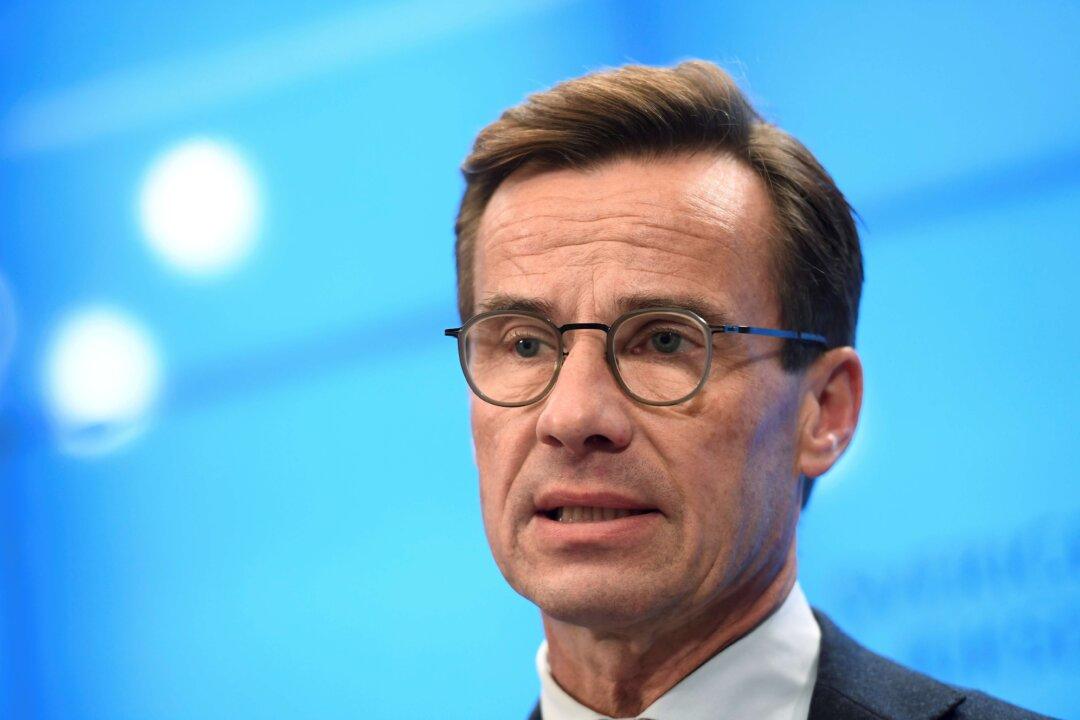GOTHENBURG—Sweden’s national politics saw a shake-up this week as right-wing parties, including the Sweden Democrats headed by Jimmie Åkesson, won a majority of parliamentary seats.
On election night Sunday, the result was too close to call, but indicated a single-seat majority for the right-wing bloc, 175–174. After almost all votes had been counted on Wednesday, the lead had increased to 176–173, and the incumbent Social Democrat Prime Minister conceded defeat and resigned on Thursday.
